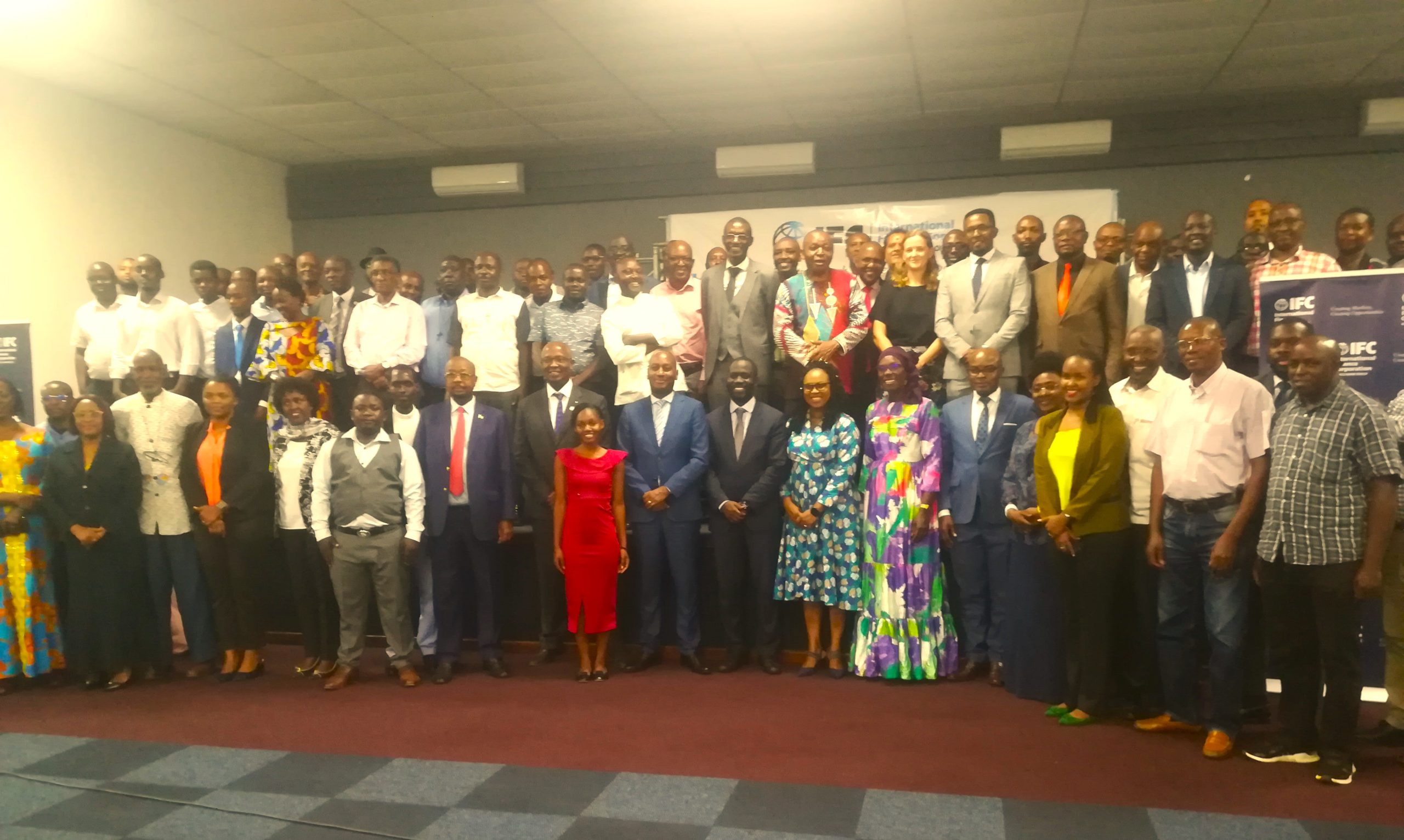BUJUMBURA, November 29th (ABP) – The International Finance Corporation (IFC) organized on Wednesday, November 27, 2024, a workshop to disseminate in-depth studies on the coffee and tea sectors of Burundi, for stakeholders working in those sectors.
On that occasion, IFC Regional Director Malick Fall specified that the goal of the workshop was to identify the reforms needed to improve production, competitiveness and exports in the tea and coffee sectors, and to prepare interventions by the World Bank Group, in particular the International Finance Corporation, in advisory services and investments in those sectors.
Consultant Rene Nsabimana, who conducted a study on Burundi’s tea and coffee sectors, cited some reforms needed to improve production, competitiveness and exports in both sectors. These include modernizing agricultural practices by promoting conservation agriculture and the use of quality inputs, training farmers on good agricultural practices and developing agricultural cooperatives at the production level.
Furthermore, according to him, to improve competitiveness, it is necessary to build capacities amongst producer organizations to negotiate better prices on the international market, create special economic zones with tax advantages for exports and reduce production costs through tax incentives and targeted subsidies for small producers.
He added that simplifying customs procedures, reducing export taxes and creating a digital platform to connect local producers to international buyers are necessary reforms to boost Burundi’s coffee and tea exports.
According to Nsabimana, when these reforms are implemented in an integrated manner, they can transform these sectors into an engine of economic growth by creating jobs and increasing export earnings while ensuring their sustainability.
He did not fail to mention the major challenges facing the coffee and tea sectors in Burundi, namely the lack of adequate equipment, limited land availability, energy shortages and cost of generators as well as climate change.
To address these challenges, he recommended that the government of Burundi set up coffee and tea development offices that will promote and provide services to those sectors, and create a committee for specialty products coordinated by the ministry in charge of agriculture and livestock. He also recommended that farmers team up in cooperatives as a community to benefit from economies of scale.
During the discussions, participants recommended that the Burundian government, through the ministry in charge of agriculture, organize farmer mobilization sessions on the importance of exploiting those products. They also recommended that the Burundian Bureau for Standardization check the standards of finished products so that they are authorized to be sold on international markets.

